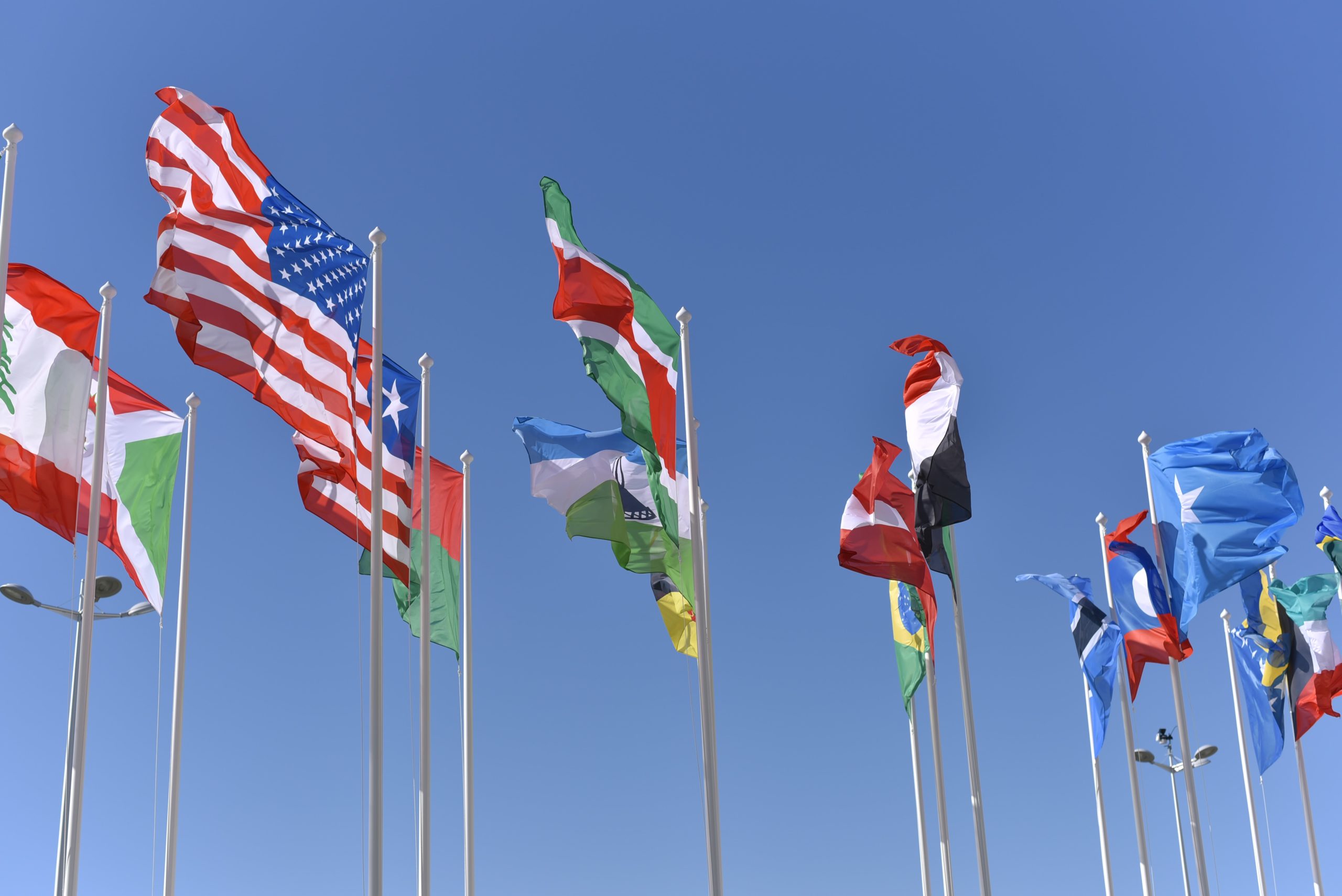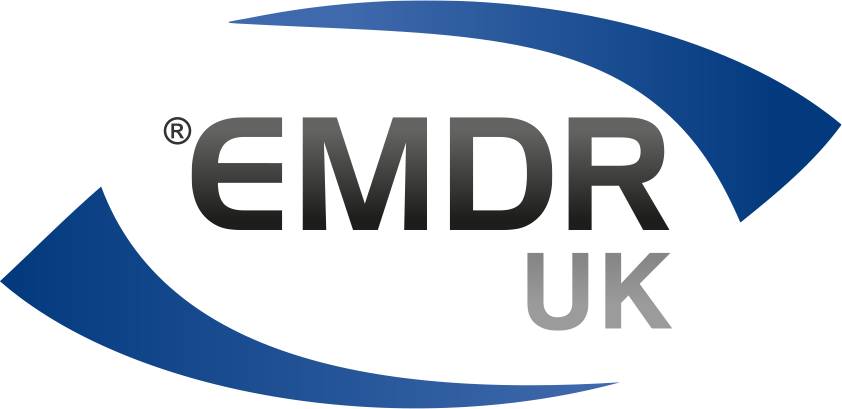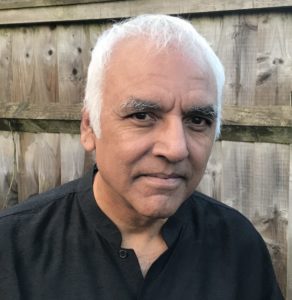Council of Scholars Publishes Deliberations on the Future of EMDR Therapy

Imagine a world where EMDR Therapy is so scientifically well-established that it’s taught as a psychotherapeutic approach to a wide range of mental health professionals, researched and taught in Universities across the globe, and offered by all clinicians to individuals who suffer the effects of trauma and associated mental distress in all countries and cultures.
This was the vision of leaders in field as Francine Shapiro’s health was fading – a vision that led to the establishment in 2019 of an international collaborative project called The Council of Scholars (COS): The Future of EMDR Therapy. The following is an edited version of an interview with Sarah Schubert, a member of the Council, conducted by Annabel McGoldrick, who edits the newsletter of the EMDR Association of Australia.
Schubert explained that the COS is a group of 50 of the world’s leading EMDR researchers and clinicians tasked with guiding the future of EMDR Therapy. Shifting the perception of EMDR from an intervention to a psychotherapy is a primary focus of the COS. Schubert explained: “EMDR is often just seen as a treatment technique for PTSD, rather than a transdiagnostic theoretical model that can serve as a psychotherapeutic framework for many clinical presentations and populations”.
EMDRIA approved the four-year project in 2018 and since then, under the leadership of Louise Maxfiled, it has established four working groups:
- What is EMDR? Defining EMDR Therapy’s core elements. Members include Deany Laliotis (Chair), Marilyn Luber, Udi Oren, Elan Shapiro, and Dolores Mosquera.
- Training and Credentialing: Derek Farrell (Chair); Sarah Schubert, Andrew Leeds, E.C. Hurley, Lorraine Knibbs and Nancy Smyth.
- Research & Development: Suzy Matthjissen (Chair), Ad de Jongh, Chris Lee, Arne Hofmann, and Nacho Jarero.
- Clinical Practice: Mark Nickerson (Chair), Debbie Korn, Elise Faretta, Ana Gomez, and Dolores Mosquera.
Schubert said: “An aim is to develop an international framework for EMDR Therapy. An international community which collects data on training effectiveness, with internationally valid, standardised assessment tools and holds and disseminates the research findings. Then from a scientific foundation develops international guidelines and standards for EMDR accreditation and training competencies”.
Schubert gave the example of Schema Therapy, which has one website, one association for research and an international society for training and accreditation standards.
The COS also considers the political and scientific status of EMDR as an evidence-based therapy, or psychotherapeutic approach. It seeks to raise awareness of the science behind EMDR Therapy, for example by ensuring that EMDR literature is included in various national guidelines. “We’re great at marketing ourselves within the field of EMDR but not outside, and not relative to other evidence-based trauma treatments”, Schubert explained. “As a field we are not disseminating findings in accessible ways, like in Ted Talks. Nor are EMDR researchers on different international trauma treatment practice guideline Boards, for example.”
Working groups
Schubert described the concerns of her working group, for which she is co-Vice Chair. She said that there are national EMDR associations around the world developing training and accreditation guidelines, but they do not work together as a global EMDR community. As a result, she said: “Today we don’t know scientifically what makes the most effective EMDR training or how we best deliver training, or what content and curriculum ensures best integration of EMDR into clinical practice”.
In two of this working group’s projects, led by Andrew Leeds and Schubert, a retrospective study aims to examine what factors have contributed to effective EMDR training over the past 30 years. The group aims to use the results to design a questionnaire that will measure the effectiveness of EMDR training at an international level, in a standardised way. “After a year of research planning and prioritising we’re just at the point of presenting our research proposals for approval to the Council”, Schubert said. “It’s a long process, but these are large-scale international projects that have never been done before.”
Derek Farrell leads the landscaping project as part of the Training and Credentialing project working group. This aims to pull together how different Associations are assessing training and accreditation. Schubert said that attaining national training and credentialing documents has proven a larger and more difficult task than expected. “Sadly, at times we have met with sceptical resistance”, she said. It may be that scepticism arises from a misconception – some critics could perhaps see the whole COS exercise as merely a means of controlling how we practise EMDR. Schubert is quick to allay such fears. “It’s about ensuring scientific standards not just within our field, but also relative to other evidence-based psychotherapies, such as Trauma-Focused CBT and Schema Therapy. Also to move into the future, where we are increasingly a global, international community, we need an international, unified message about EMDR Therapy – what it is, what the evidence is to treat different presentations, to understand what it is that we still do not know, and to guide research directions to ensure people who suffer the effects of trauma receive the best possible care in their healing journey”.
One of the first outcomes of the project is the position paper recently published in the November issue of the Journal of EMDR Practice and Research 14(4). The article, co-authored by 13 members of the COS, examines and reviews the current status of EMDR Therapy research, particularly the areas where there is evidence for EMDR’s effectiveness, specific target areas and goals for future research.





